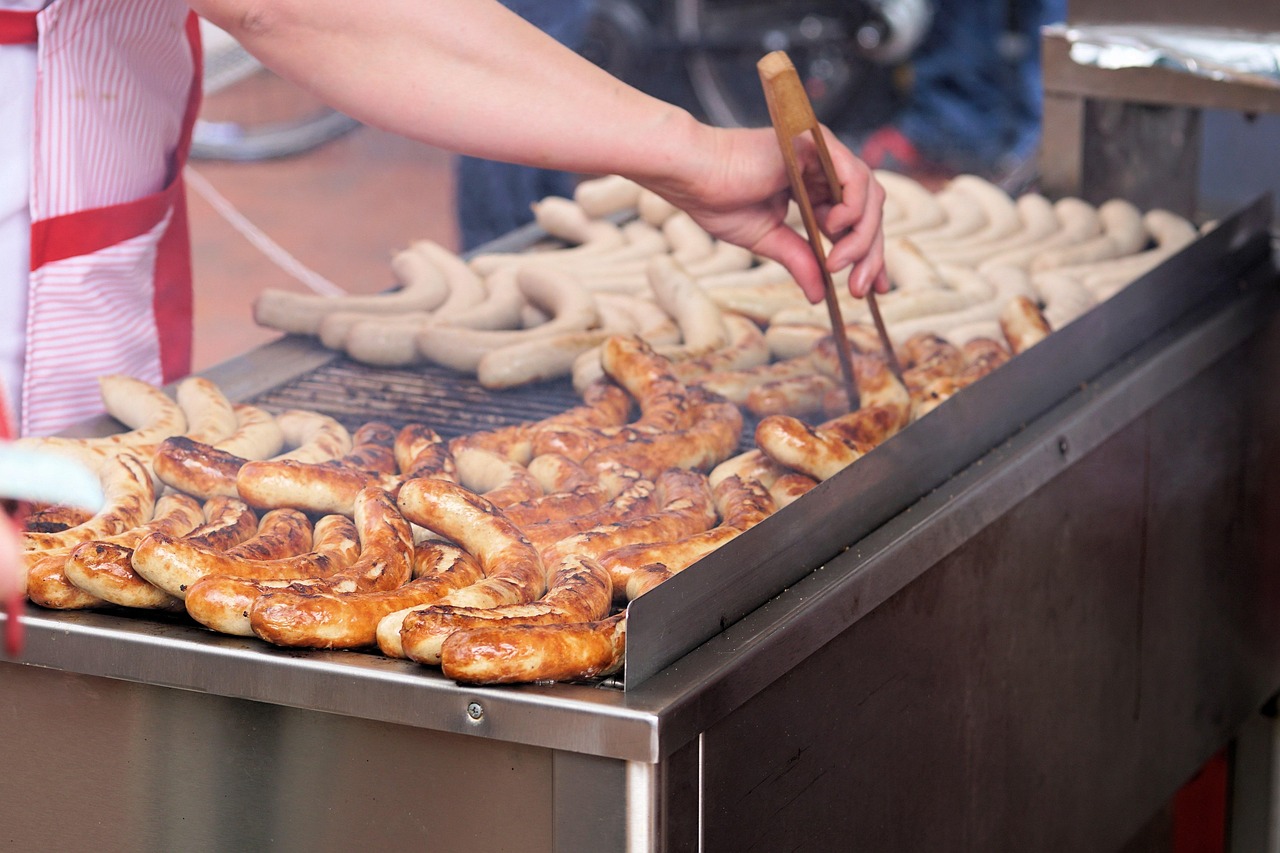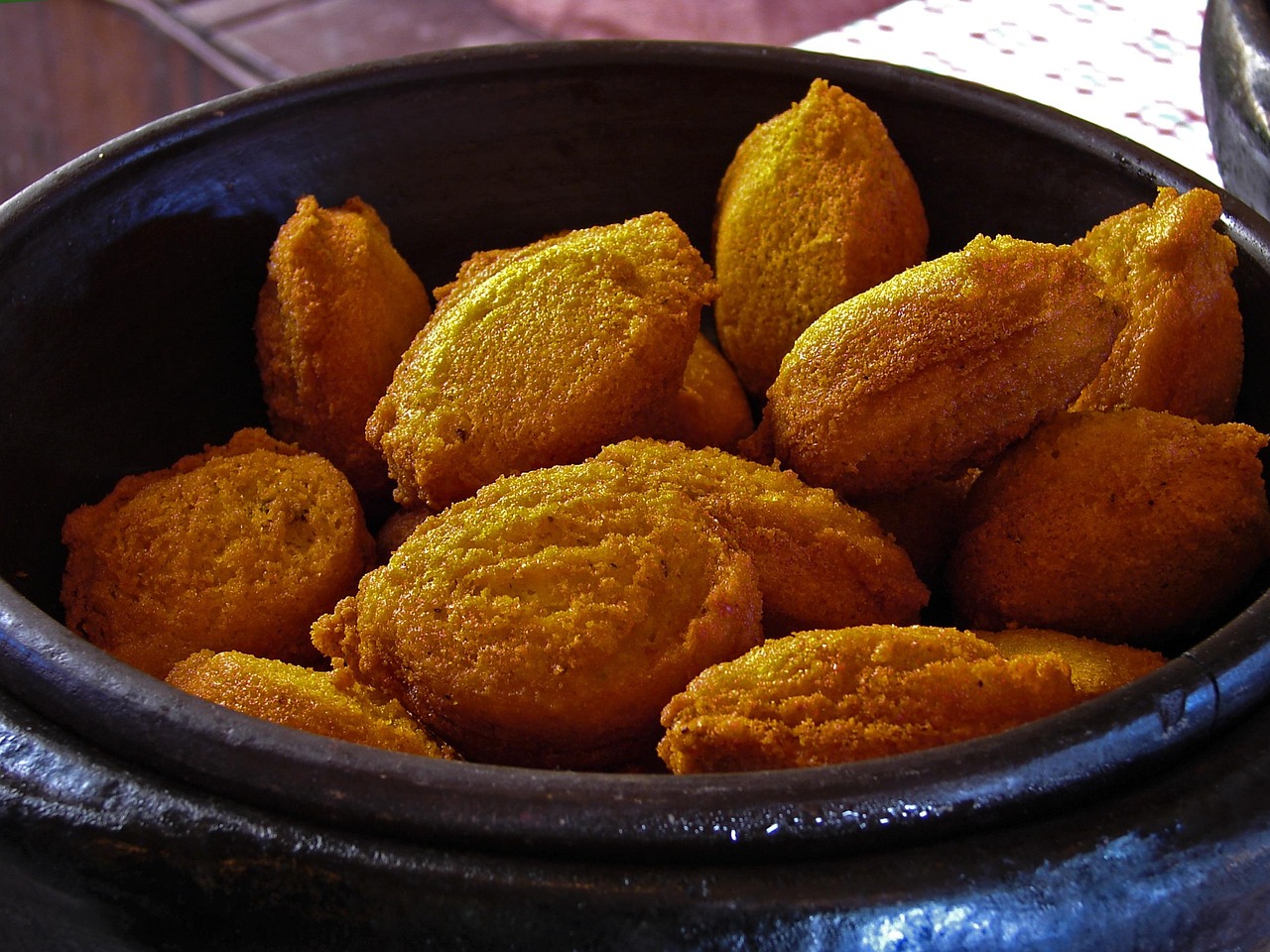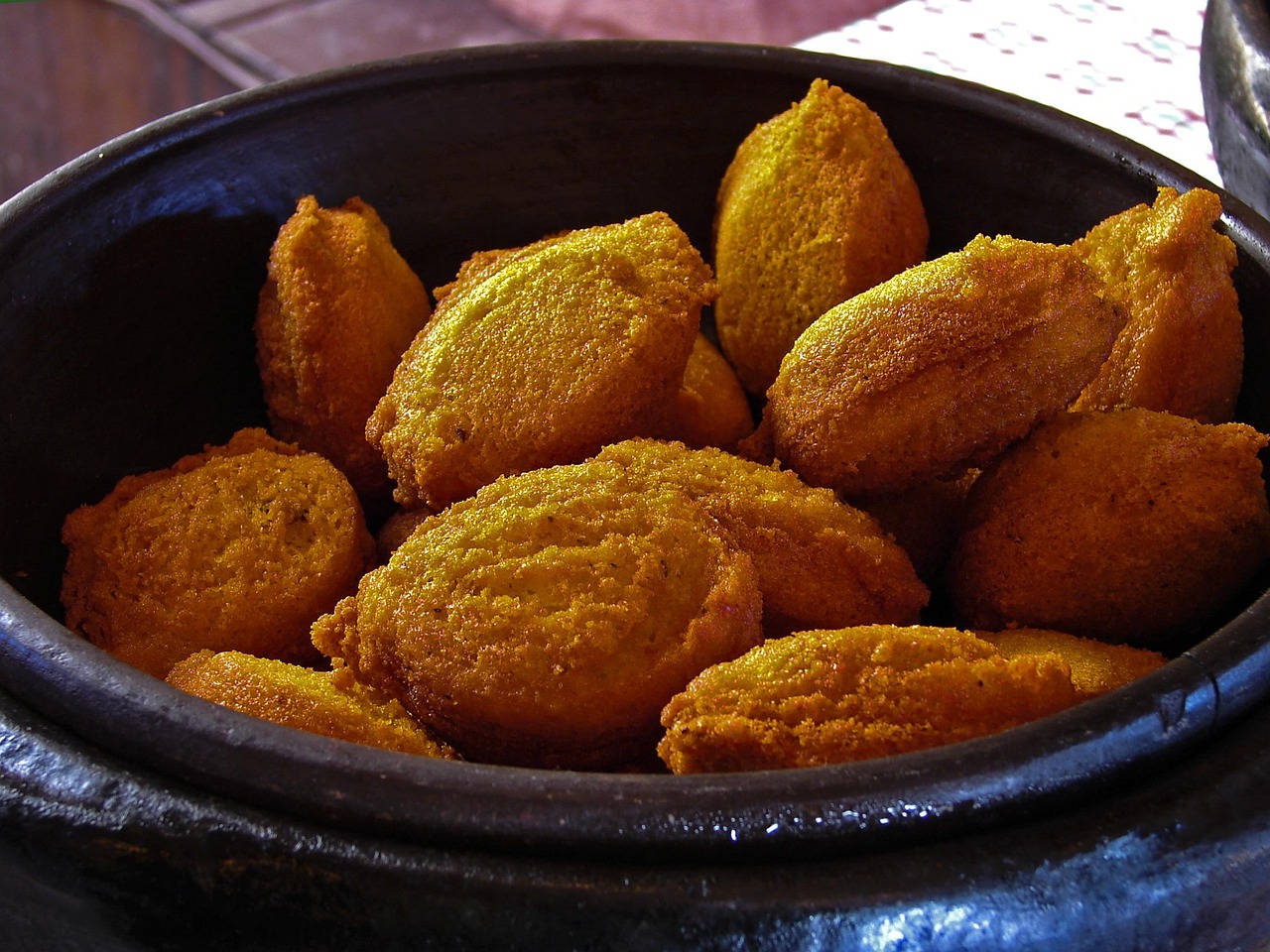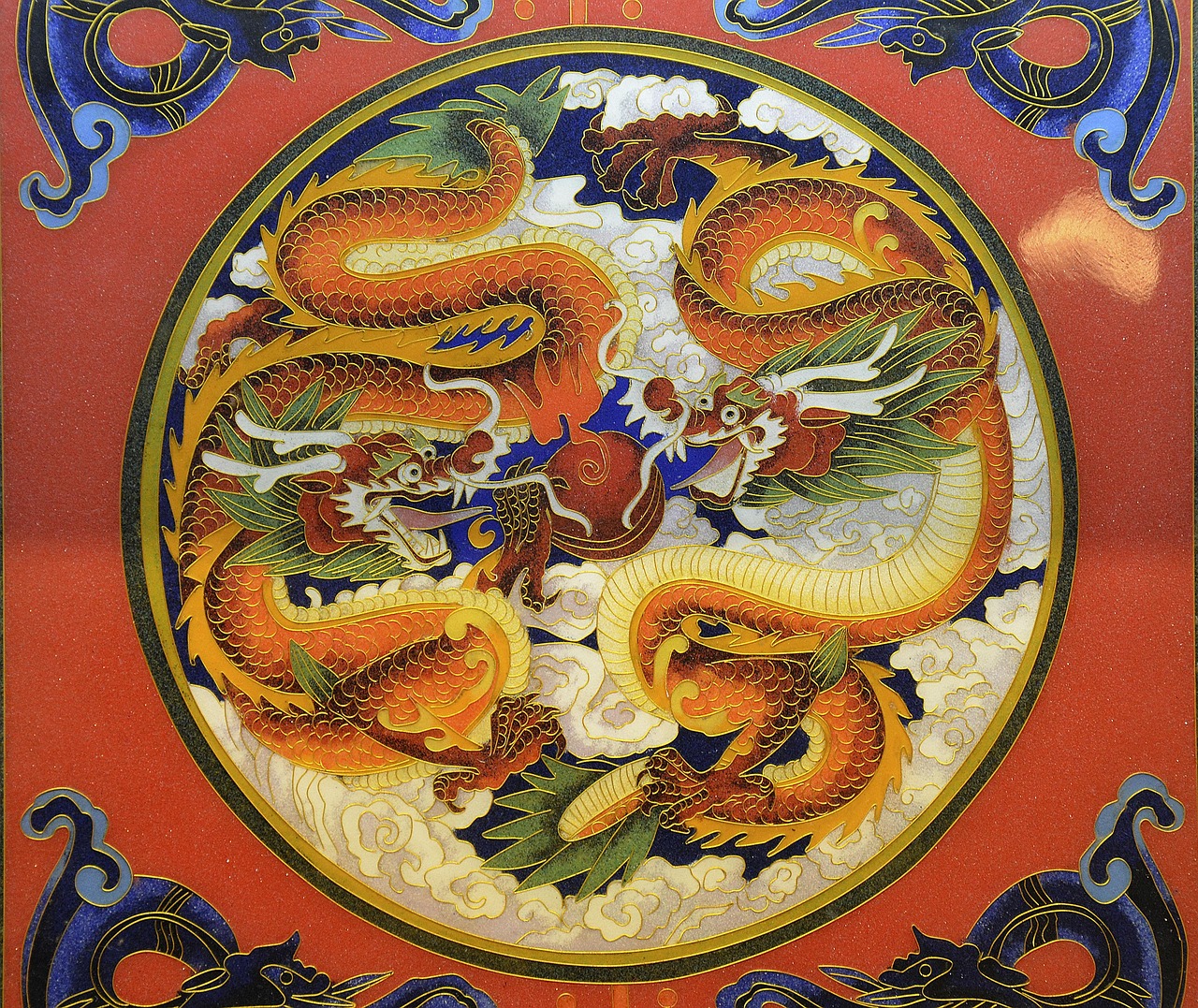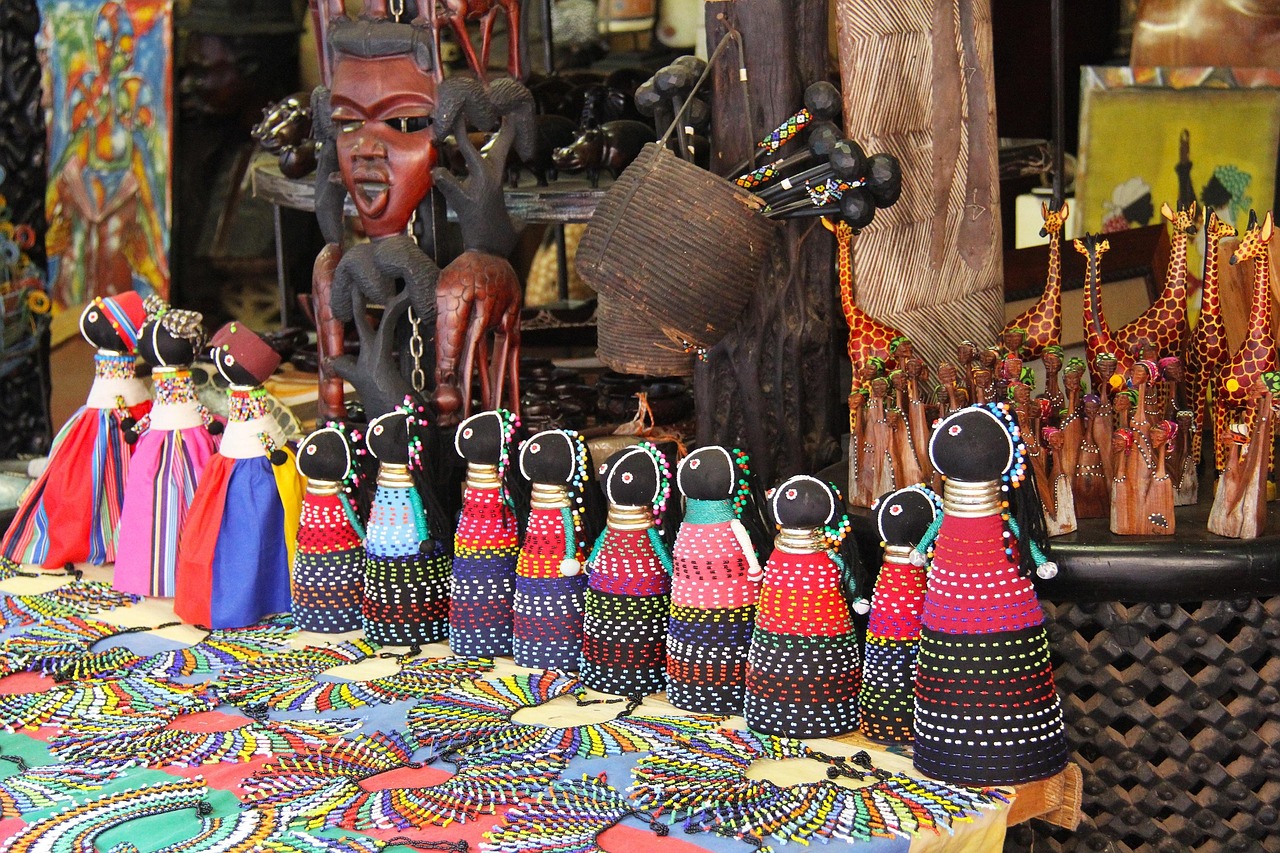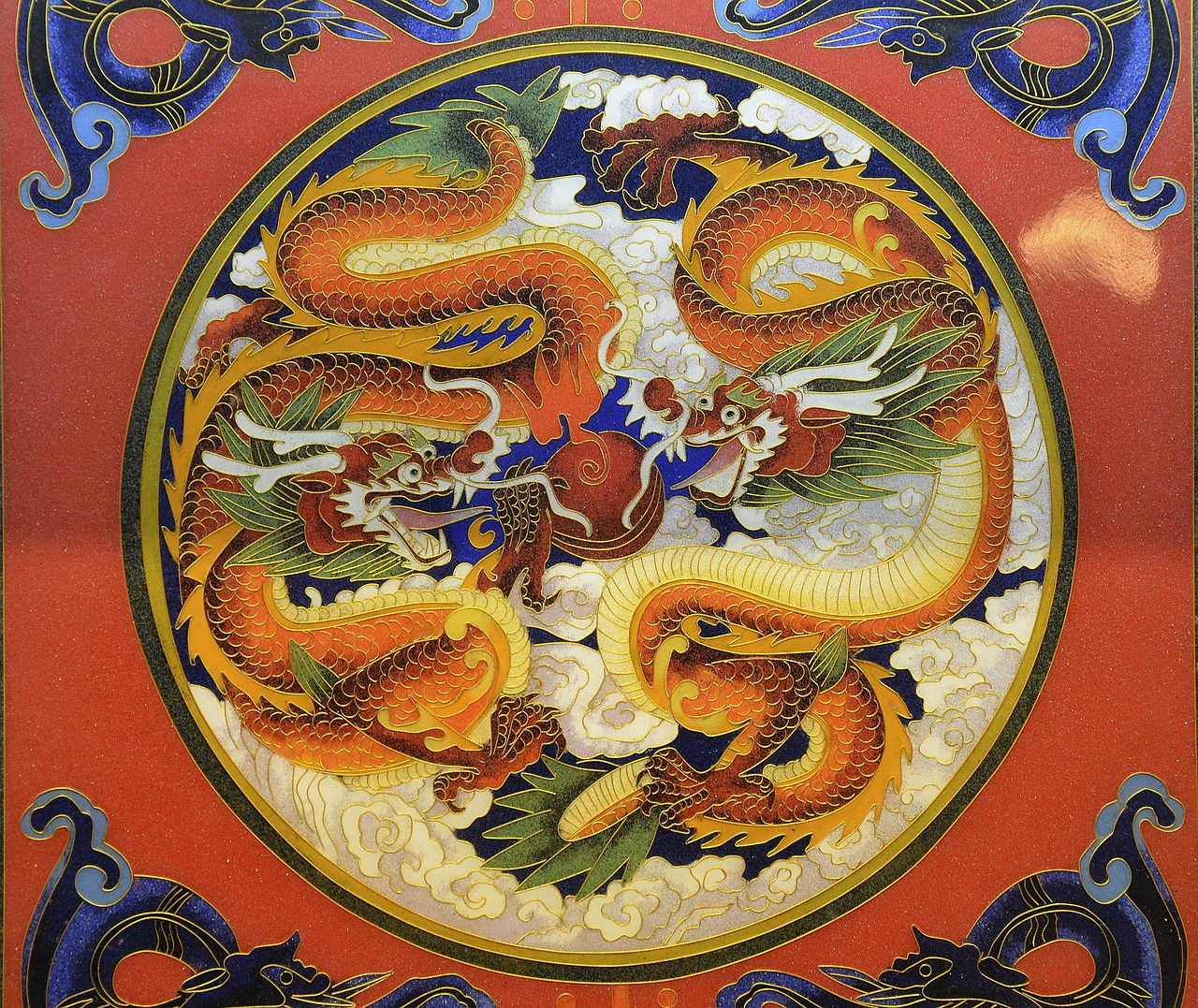Exploring the Rich Tapestry of Chinese Culinary Culture:A Journey Through Flavors and Traditions
Introduction
China, a land of diverse landscapes and a cradle of ancient civilizations, is not only known for its rich history and cultural heritage but also for its exquisite and varied cuisine. Chinese culinary culture is a tapestry woven with threads of tradition, regional diversity, and a deep respect for the ingredients and the art of cooking. This essay aims to provide an overview of the Chinese gastronomic landscape, exploring its historical roots, regional variations, and the significance of food in Chinese society.
Historical Roots of Chinese Cuisine
The history of Chinese cuisine dates back thousands of years, with evidence of food preparation and consumption found in archaeological sites across the country. Early Chinese cuisine was influenced by the availability of local ingredients and the need for preservation techniques due to the vastness of the land and the difficulty of transportation. Over time, as trade and communication improved, so did the exchange of culinary ideas and techniques, leading to the development of distinct regional cuisines.
One of the most significant contributions to Chinese cuisine was the concept of "wu xing" or the Five Elements theory, which posits that all things in the universe are composed of five elements: wood, fire, earth, metal, and water. This philosophy influenced not only the preparation of food but also the belief in the balance of flavors and the medicinal properties of certain foods.
Regional Variations
China's vast geography and diverse climate have given rise to a multitude of regional cuisines, each with its own unique characteristics and flavors. The four major regional cuisines are Sichuan, Cantonese (Yue), Shandong (Lu), and Jiangsu (Su), but there are many more, each reflecting the local culture and environment.
-
Sichuan Cuisine: Known for its bold and pungent flavors, Sichuan cuisine is famous for its use of chili peppers, Sichuan peppercorns, and garlic. Dishes such as Mapo Tofu and Kung Pao Chicken have gained international recognition for their spicy and numbing characteristics.

-
Cantonese Cuisine: Originating from the Guangdong province, Cantonese cuisine is characterized by its light, fresh flavors and emphasis on the quality of ingredients. Dim sum, a style of dining where small, bite-sized dishes are served in steamer baskets or on small plates, is a quintessential Cantonese culinary experience.
-
Shandong Cuisine: With a history dating back to the Spring and Autumn period, Shandong cuisine is known for its simple yet flavorful dishes, often featuring seafood and grains. The use of vinegar and light seasoning is a hallmark of this cuisine.
-
Jiangsu Cuisine: Also known as Su cuisine, it is famous for its sweet and sour flavors, delicate presentation, and the use of sugar and vinegar. Dishes like Sweet and Sour Mandarin Fish and Lion's Head Meatballs are iconic representatives of this style.
The Significance of Food in Chinese Society
Food is not just a means of sustenance in Chinese culture; it is a symbol of hospitality, a medium for social bonding, and a way to express cultural identity. Here are some aspects of the importance of food in Chinese society:
-
Family and Community: Meals are a time for family to come together, and the act of sharing food is a way to strengthen relationships. During festivals and special occasions, elaborate meals are prepared to celebrate and honor ancestors, such as the Lunar New Year's reunion dinner.
-
Hospitality: Offering food to guests is a sign of respect and generosity. It is customary to serve a variety of dishes to ensure that there is something for everyone, reflecting the host's care and consideration.
-
Health and Balance: Traditional Chinese medicine (TCM) plays a significant role in the culinary culture, with the belief that certain foods can help maintain or restore balance in the body. This is seen in the practice of eating seasonally and the use of ingredients like ginseng and goji berries.
-
Festivals and Celebrations: Food is central to Chinese festivals and celebrations. For example, during the Mid-Autumn Festival, mooncakes are eaten to symbolize unity and harmony, while zongzi (sticky rice dumplings) are consumed during the Dragon Boat Festival to commemorate the ancient poet Qu Yuan.
-
Culinary Arts: Chinese cuisine is not just about the taste but also the presentation. The art of carving fruits and vegetables into intricate shapes and the careful plating of dishes are part of the culinary tradition that emphasizes the visual appeal of food.
Modern Influences and Globalization
In recent decades, Chinese cuisine has experienced a surge in popularity worldwide. The globalization of food has led to the adaptation and fusion of Chinese dishes with other culinary traditions. This has resulted in a greater appreciation for Chinese flavors and an increased interest in traditional Chinese cooking methods.
At the same time, modern Chinese cuisine has evolved to incorporate new ingredients and cooking techniques, reflecting the changing tastes and lifestyles of contemporary society. Health-conscious dishes and vegetarian options have become more prevalent, and there is a growing emphasis on sustainable and organic ingredients.
Conclusion
Chinese culinary culture is a rich and complex tapestry that reflects the country's history, regional diversity, and social values. From the spicy kick of Sichuan to the delicate flavors of Jiangsu, Chinese cuisine offers a vast array of flavors and experiences. As the world becomes more interconnected, the influence of Chinese cuisine continues to expand, enriching global food culture and offering a window into the heart of Chinese society. Whether enjoyed in a traditional setting or adapted to modern tastes, Chinese food remains a testament to the enduring legacy of a culture that values the art of cooking and the joy of sharing a meal.

